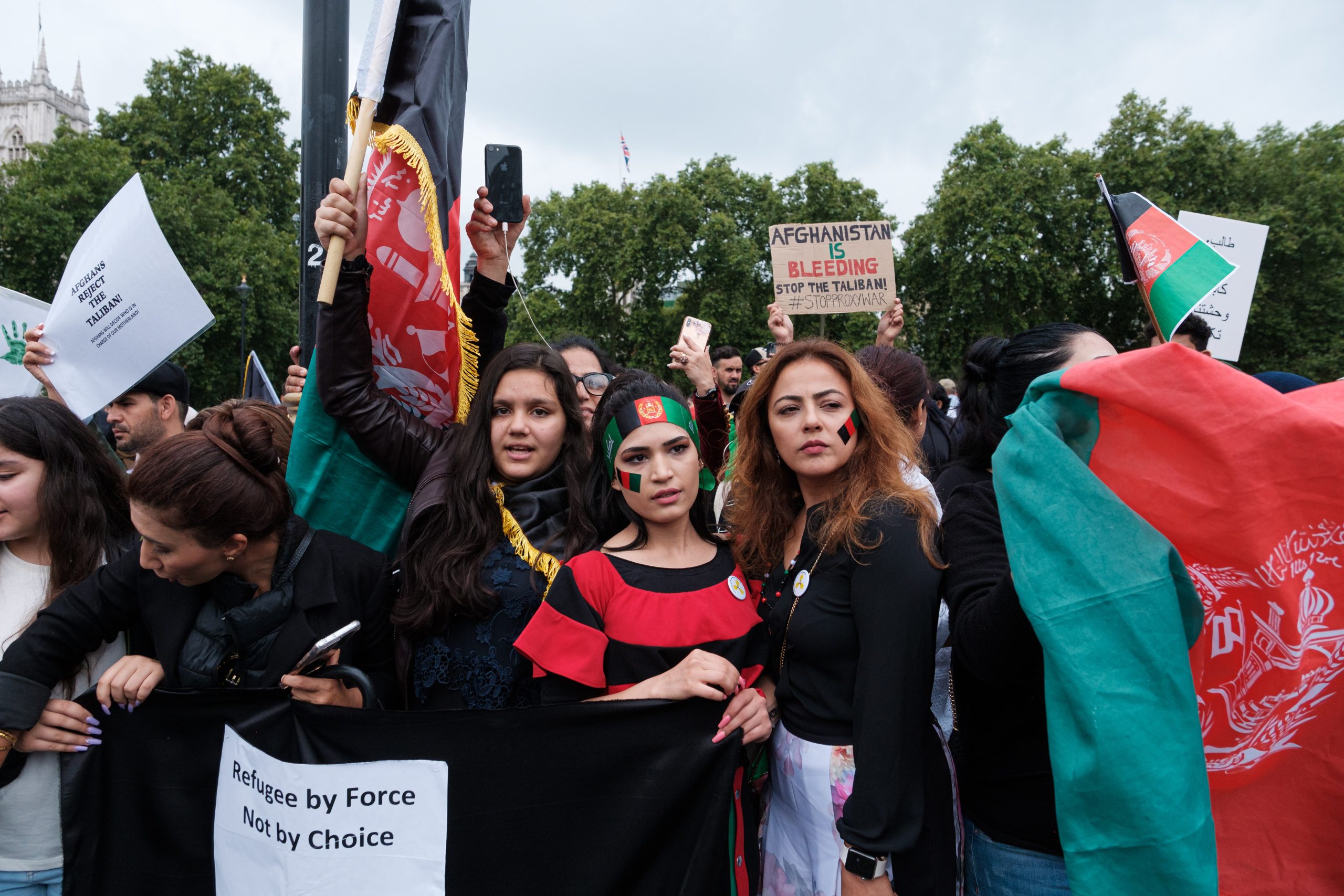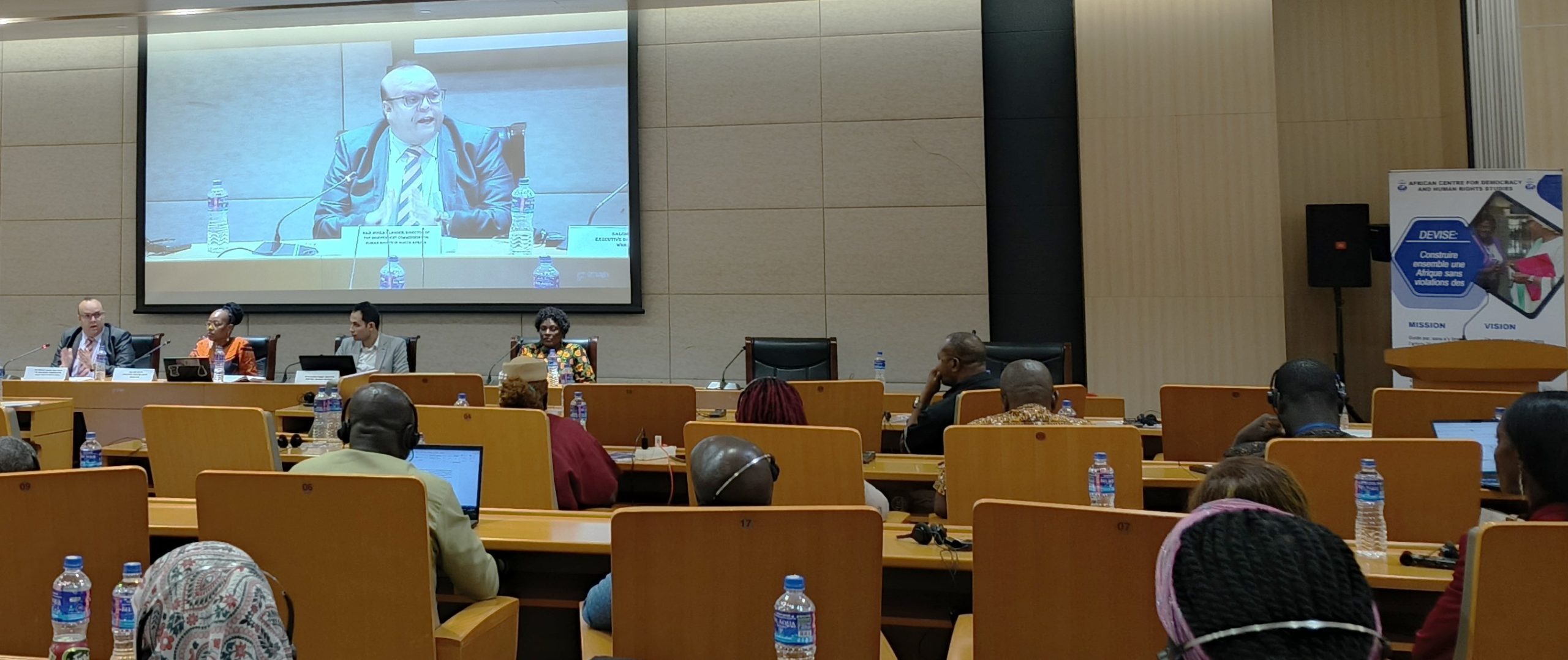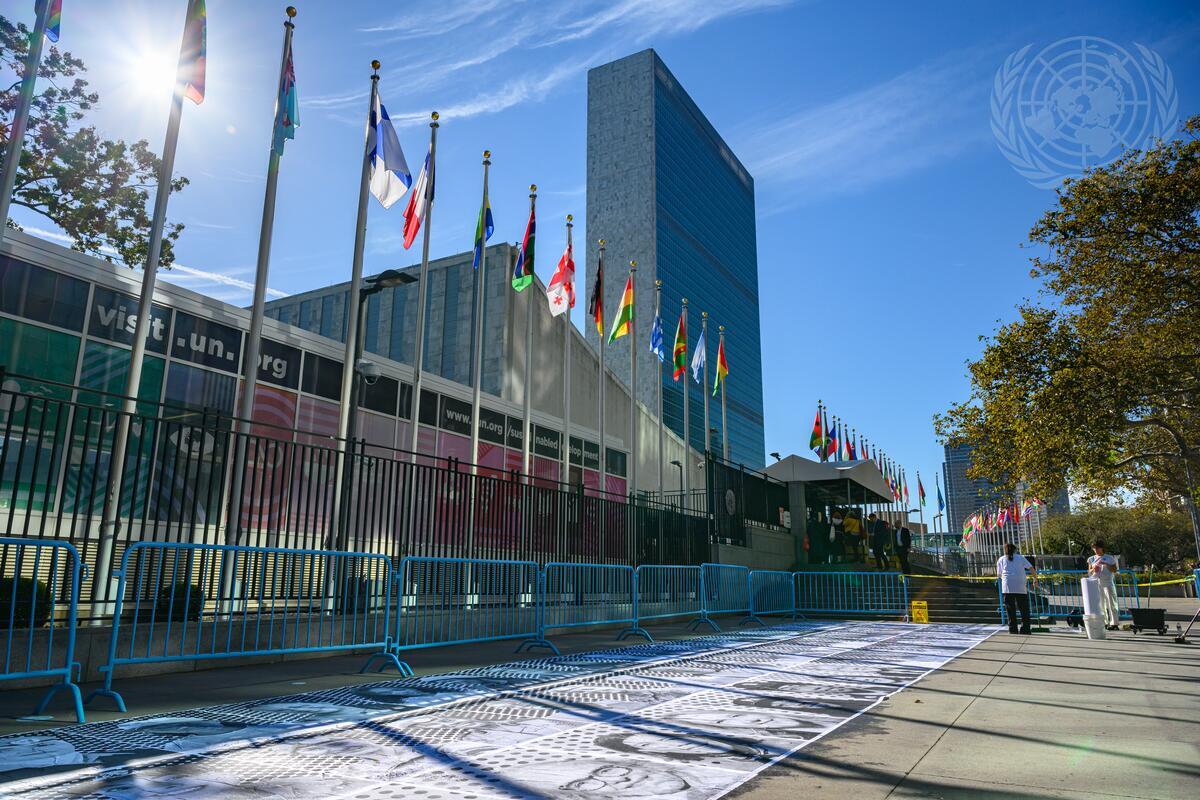In an interactive dialogue, the Special Rapporteur on the situation of human rights in Afghanistan, Richard Bennett, reported on information he received, including through a country visit in May, of Afghanistan’s “descent towards authoritarianism”.
In particular, he raised urgent attention of the international community towards the following:
- Women and girls face a situation where their basic rights have been rapidly and systematically violated and denied to them purely because of their gender. Leading NGOs and human rights lawyers have labelled this ‘gender apartheid’ and a crime against humanity.
- Reports of humanitarian aid not reaching people in need – particularly elderly persons and persons with disabilities, women-headed households and minority groups. This is a joint responsibility of both the de facto authorities as well as donor countries and agencies.
- Isolation of the Afghan central bank has led to the Afghan economy being on the brink of collapse. As a result, there is a lack of social services, which is leading to violations of economic and social rights. Within these limited budgets, there is a disproportionately small investment to social services as compared to the security sector.
The Special Rapporteur provides crucial independent monitoring and reporting on the human rights situation in Afghanistan. He expressed his desire to continue to engage with the de facto authorities to exchange views.
The mandate of the Special Rapporteur is due for renewal at the 51st HRC session. In a joint letter of international and Afghan civil society, ISHR calls on all UN member states to support the renewal of that mandate.
The letter further states that, given the magnitude and gravity of the situation in the country, a more robust response by the Human Rights Council is required involving the collection, preservation and analysis of evidence to lay the foundation for accountability for grave and systematic violations.
Therefore, ISHR, together with other signatory organisations, calls on the Council to establish an ongoing accountability mechanism with a specific mandate to:
- investigate all alleged violations and abuses of human rights law amounting to crimes under international law in Afghanistan, including against women and girls;
- collect, consolidate and analyse evidence of such violations and abuses, including their gender dimension, and to systematically record and preserve all information, documentation and evidence consistent with international law standards, in view of any future legal proceedings;
- document and verify relevant information and evidence, including through field engagement, and to cooperate with judicial and other entities, national and international, as appropriate;
- identify, where possible, those individuals and entities responsible for all alleged violations and abuses.
The call was strongly echoed during an enhanced interactive dialogue that focused specifically on the situation of women and girls in Afghanistan. The dialogue enabled the continued participation of women human rights defenders, women peacebuilders and women political leaders from Afghanistan, providing a platform to center their voices and demands.
In a joint statement with the Asian Forum for Human Rights and Development, Horia Mosadiq highlighted that:
“We welcome your statements of solidarity with Afghan women and girls, and condemnation of Taliban’s policies today. But they are meaningless without concrete action. We call on the Council to demonstrate sincerity of your words and genuine commitment to solidarity by establishing an international accountability mechanism to hold the Taliban accountable for their atrocities against women and girls.”




